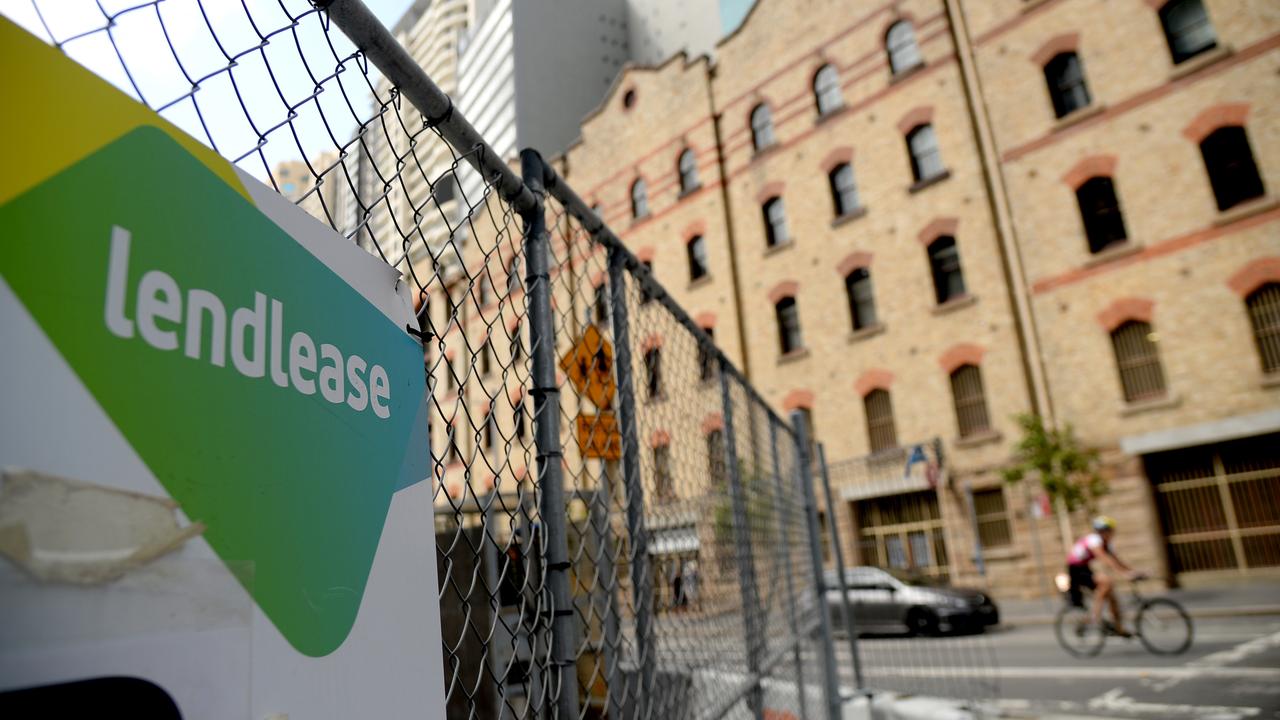
As a result, they have created an unprecedented sudden boom for those companies able to take advantage of the spending spree.
Jubilant managers in some of the store chains such as Bunnings, JB Hi-Fi/The Good Guys, Harvey Norman and other homeware and lighting operators are experiencing sales jumps of 10-30 per cent without any need for big discounts. Normally a 5 per cent sales rise would be an outstanding event.
Clearly on a nationwide basis not all stores in the chains are achieving these high numbers, so group sales rises are likely to be at the lower end of the booming store ranges. There are a fascinating set of forces that triggered this spending binge, but its suddenness has left the retail beneficiaries wondering just how long it will last.
But meanwhile many stores are struggling to keep their shelves full and it is ironic that the boom is taking place while many Myer stores are closed, and Target is undertaking widespread shutdowns. Unfortunately, staying at home has reduced the need to spend on clothing — there is no boom there.
The surprising aspect of the boom is the way, without warning, it suddenly emerged.
In March, sales were holding reasonably well for most groups, but there was great nervousness and certainly no boom in household appliances and goods. Indeed, at the start of April an apprehensive Harvey Norman cancelled its interim dividend and reduced executive pay. Not until the week after Easter was there a clear upturn, but managers thought it was simply an aberration that would not last.
Just over two weeks later, at the start of May, and the higher sales were still coming and they have continued right up until the weekend just passed.
Obviously, not all household retailers have done well, but those that have enjoyed the boom need to seriously consider reporting this trend to the stock exchange.
To date, understandably, their view has been that this may be a short-term blip that will not last. But as the weeks go by it is clear we are experiencing a significant change in the economy.
From the outside the most obvious sign that there is a spending boom taking place is in the enormous advertising campaigns being conducted by Harvey Norman, JB Hi-Fi/The Good Guys, Bunnings and others. They would not have undertaken such big expenditures if there was not a massive river of spending being tapped.
The store managers are very clear as to what has happened. Although vast sections of the Australian economy are suffering badly (including those operating businesses and employed in industries such as hospitality, tourism, aviation and home building), there is also a large number of people whose income has not been affected.
And at the lower income end of the economy, a considerable number are actually enjoying higher incomes via JobKeeper. Last week the official numbers had some 58 per cent of the workforce being helped by JobKeeper or JobSeeker. Then on Friday evening, Josh Frydenberg announced that the number of people being helped by JobKeeper had virtually halved because of a statistical error. Accordingly, the number of people not being assisted skyrocketed, which helps explain the home improvement boom.
As well as their normal income, the cash generation of many people has been boosted by a cancellation avalanche of Qantas airline travel bookings. The demand for refunds has been so great that Qantas has been taking weeks to process them, but the money is flowing.
This is money that people had actually spent on airline tickets, and they had often set aside additional money for expenses of the trip.
Now the cash sits in the bank accounts and, for many, it has been further boosted by the superannuation access. And to add to the total, there is more superannuation to come in July.
For the foreseeable future, overseas travel looks off the menu and even interstate tourism is close to impossible. Until restrictions are lifted on restaurants, Qantas will struggle to be allowed to fly with the middle seat in economy filled.
While a big proportion of the federal government and other cash distribution exercises enable a great many people to simply live, much of the stimulus cash can’t reach the industries that desperately need it because of the state governments’ COVID-19 restrictions.
People who are earning a good income would normally also spend a considerable proportion on dining out, hospitality, travel, sporting events, the theatre and arts, gambling and a lot of other leisure activities. Most of these spending avenues have been taken away and the industries involved are in desperate shape. Poker machines are closed and those consuming alcohol are enjoying the lower prices of wine and beer consumed in the home rather than the prices paid in hotels and restaurants.
Many income-earning people are not only saving more money but are also spending more time at home. Obviously, mortgages are being paid down, but they are also seeing areas in the home that need extra work or replacement.
In addition, televisions are being upgraded, new washing machines are being purchased, light fittings are being exchanged, and so it goes on. There may even be an increase in the purchase of pets as part of making staying at home more enjoyable and providing an excuse to meet people while walking the dog.
Is a long-term change in lifestyles fanning this boom? Nobody knows.
Fascinatingly, Australians are not spending on new cars, perhaps because the outlays are large or perhaps because it’s no longer a major lifestyle agenda item. Those retailers enjoying the boom remain scared that, as more people are retrenched, it will dry up the spending.
Similarly, if restaurants and hotels opened and/or travel is made easier, then the money currently flowing to household improvements and goods will be diverted to more normal areas.
Both these forces may come into play, but at the moment income-earning people look like spending more time in the home because of the fears of being infected with COVID-19 on public transport and the nightmare of getting to higher levels in office towers. So, if they are going to be in their home for longer hours, they will want to make it more attractive and convenient.
If this is true, then high levels of activity might last for a considerable time — or at least until a vaccine is developed, so making feasible a return to overseas travel and the old lifestyle.




In a potentially nation-changing event, during the last few weeks a large number of Australians earning income have made a sudden decision — it’s time to invest in household improvements, including appliances, furniture and lighting.